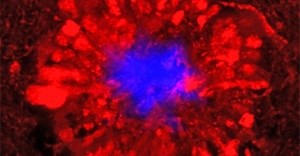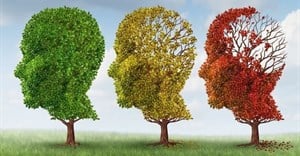Subscribe & Follow
Trending
-

-

-
 Temu app considered malicious malware in new US lawsuit [Updated]Lindsey Schutters
Temu app considered malicious malware in new US lawsuit [Updated]Lindsey Schutters -

-

-
 How to go viral on social mediaAlexander Brand
How to go viral on social mediaAlexander Brand
Jobs
- Social Media and Content Manager Sandton
Meditation improves cognition in people with memory loss
The risk of Alzheimer's disease (AD) rises dramatically as people age and, as the ranks of our nation's elderly swell, the number of people facing this dreadful disease will devastate our already overburdened healthcare system. Slowing the progression of AD by five or ten years would lessen this burden dramatically, but few options to slow, or perhaps even prevent, memory loss exist.
"While meditation is already practiced by millions, this is the first study to investigate its potential to reverse memory loss in patients with cognitive impairment," said Dharma Singh Khalsa, M.D., the founding president and medical director of the Alzheimer's Research and Prevention Foundation, a meditation expert and study co-author. Kirtan Kriya (KK), the meditation evaluated in the study, is a 12-minute practice from the Kundalini yoga tradition. "These results confirm what we have long observed in clinical practice, that this brief, simple meditation can have a meaningful impact on memory and on the quality of people's lives as they age."
Kirtan Kriya could be an important tool
The frontal lobe of the brain, which became more active as a result of meditation in the study, aids in attention and concentration and has been shown to be affected in patients with dementia disorders. The frontal lobe and the parietal lobe, another part of the brain positively affected in the study, are both parts of the brain which are involved in retrieving memories.
"It would be extremely useful to have a cost-effective, non-pharmacological approach to slowing memory loss that could bolster the effect of medications without fear of side effects or drug-drug interactions," said Andrew Newberg, M.D., associate professor of radiology at the University of Pennsylvania School of Medicine, and study co-author. "While further study into the impact of Kirtan Kriya is required, the pilot study demonstrates that this meditation could be a very important tool in improving cognition in people with memory loss."
Source: Alzheimer's Research and Prevention Foundation








